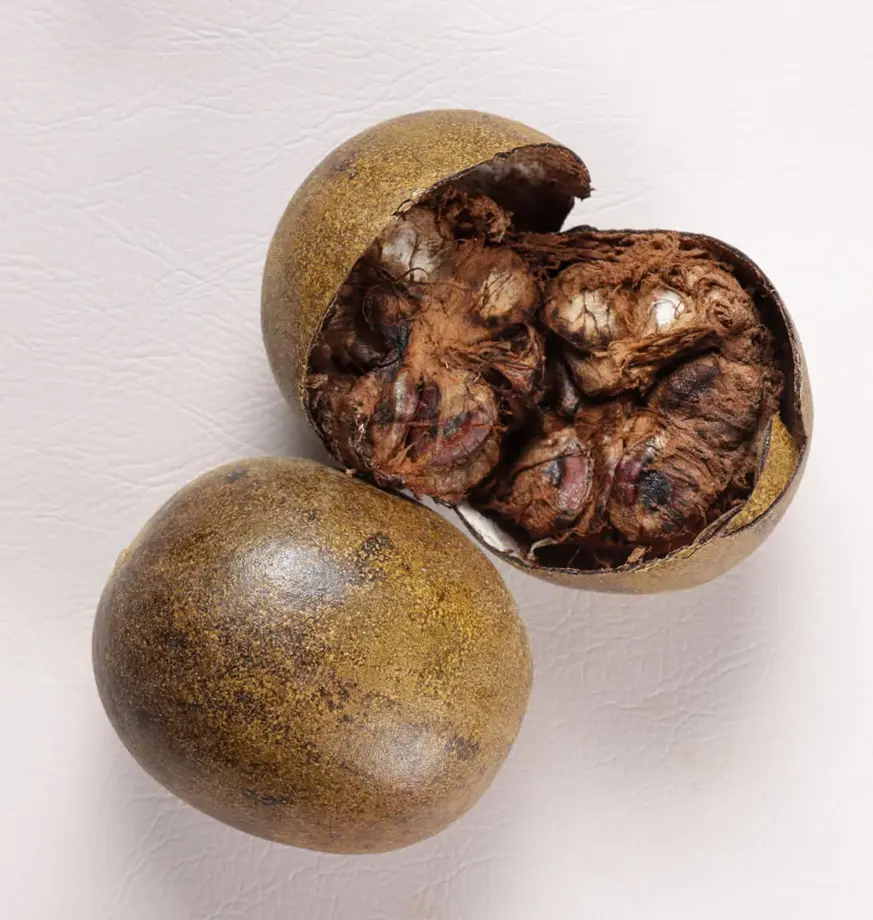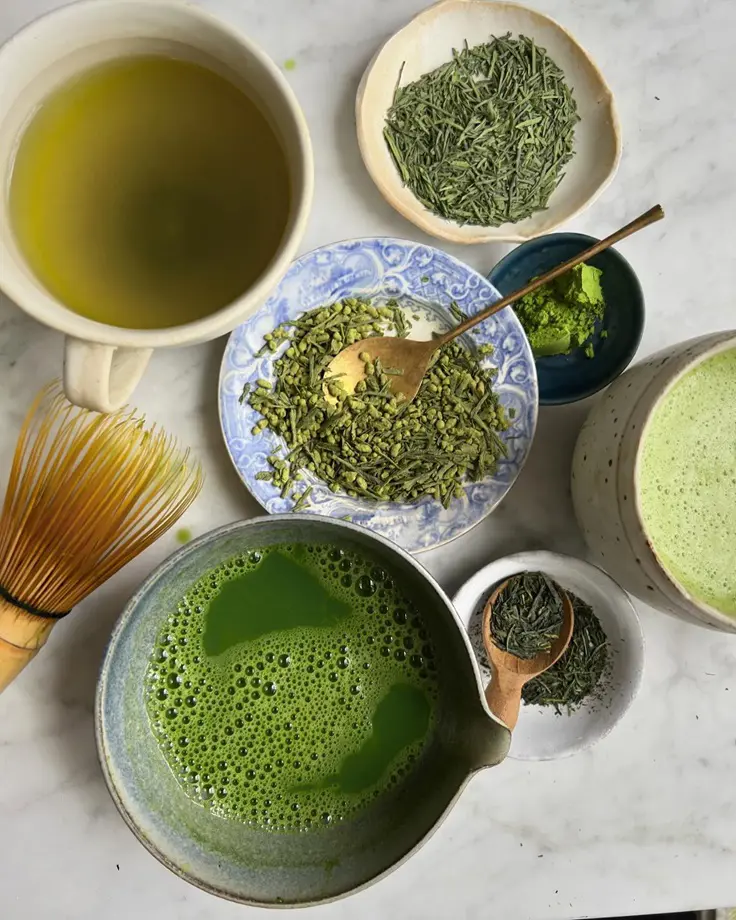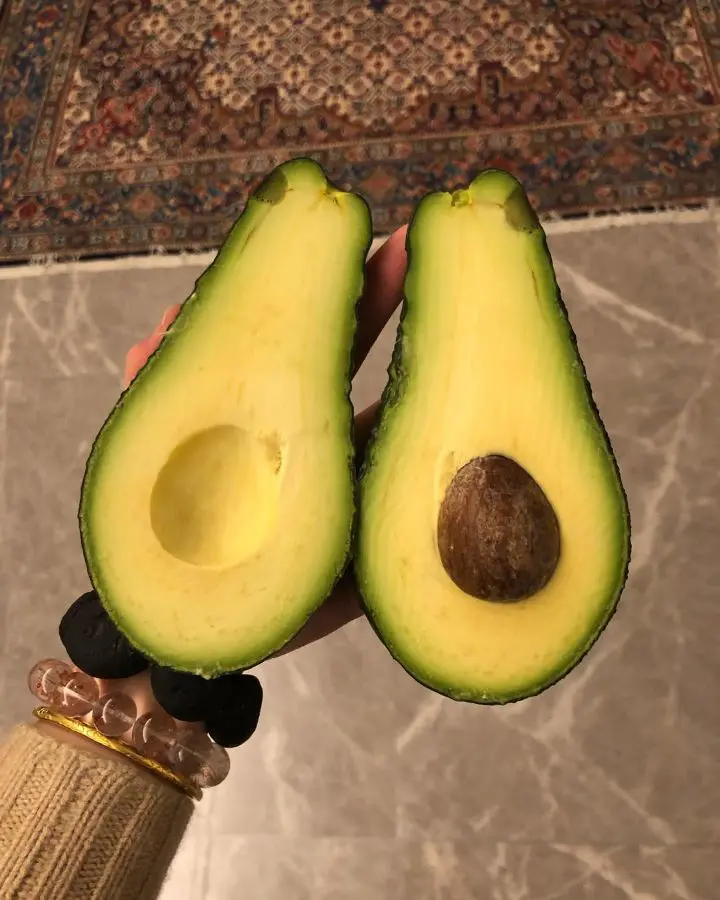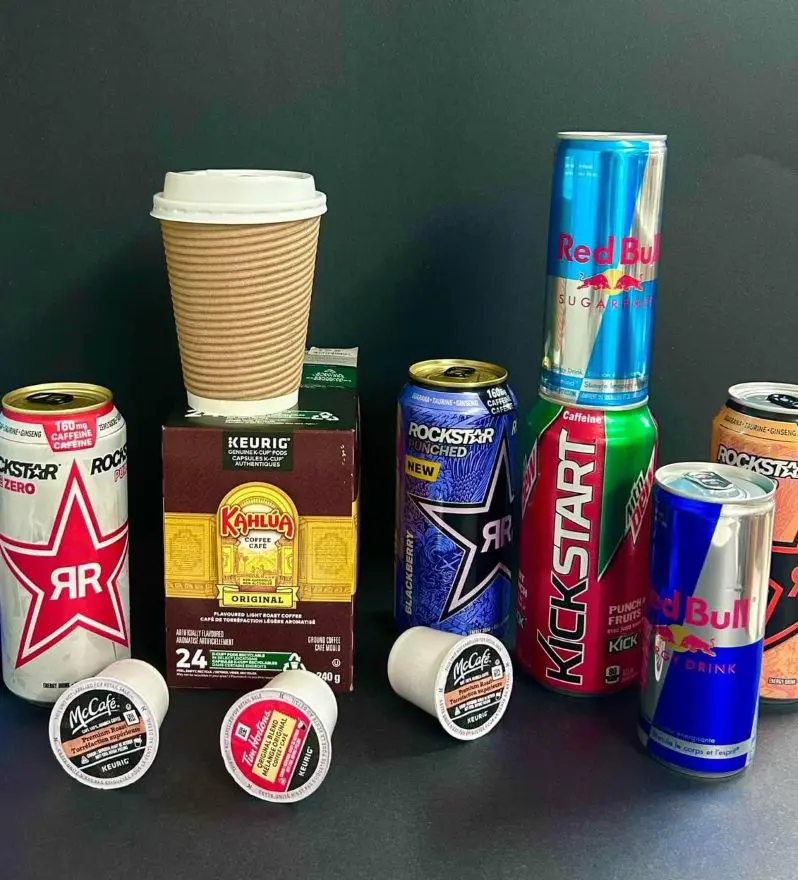What Are Processed Foods: A List Of Examples To Avoid
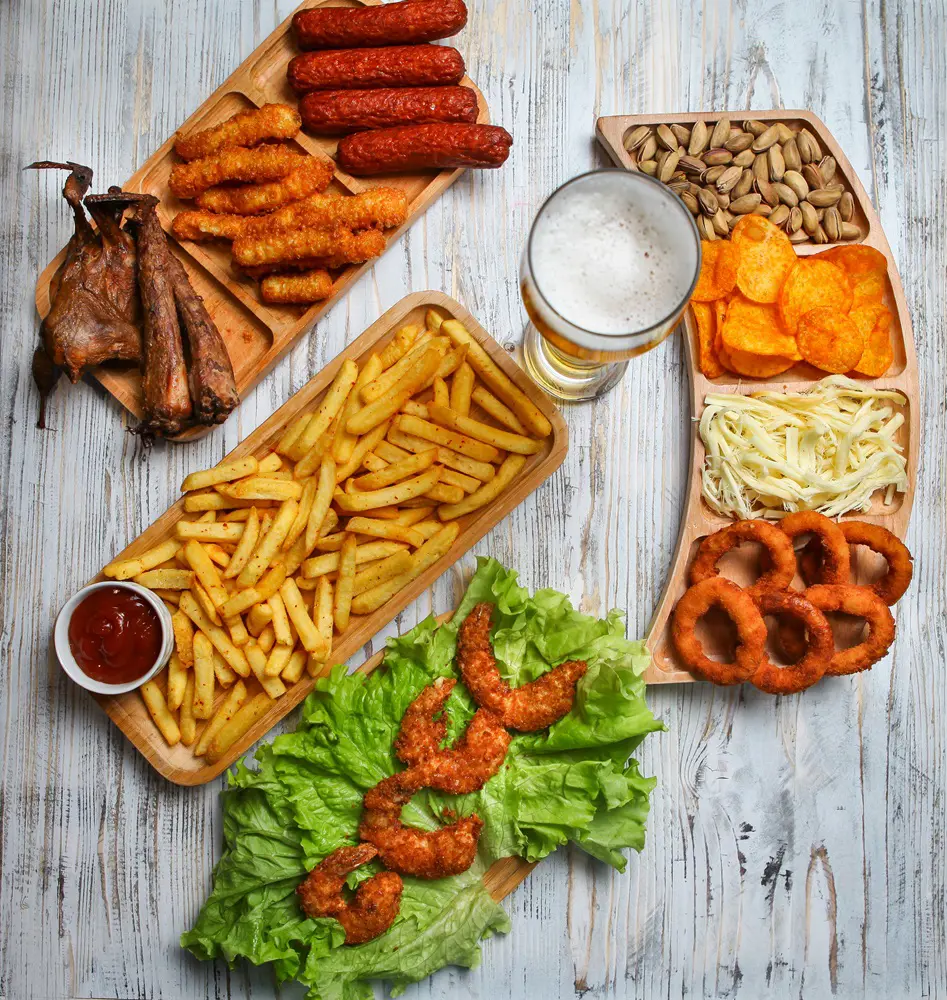
This post may contain affiliate links. If you make a purchase through links on our site, we may earn a commission.
If you are unaware of what are processed foods, the answer is easy. Processed foods are typically manufactured foods that have undergone significant processing, often involving additives, preservatives, and artificial ingredients.
These quick and tempting solutions for busy lifestyles, however, come with a hefty price tag. They have minimum nutritional value, and in the long run, they are proven to be disease-causing factors.
Here, we have compiled an example list of 20 processed foods to avoid that have significantly lost their original nutritional value due to the processing methods used. Read to the end and make mindful choices about what to include or exclude from your daily diet.
1. Cereals
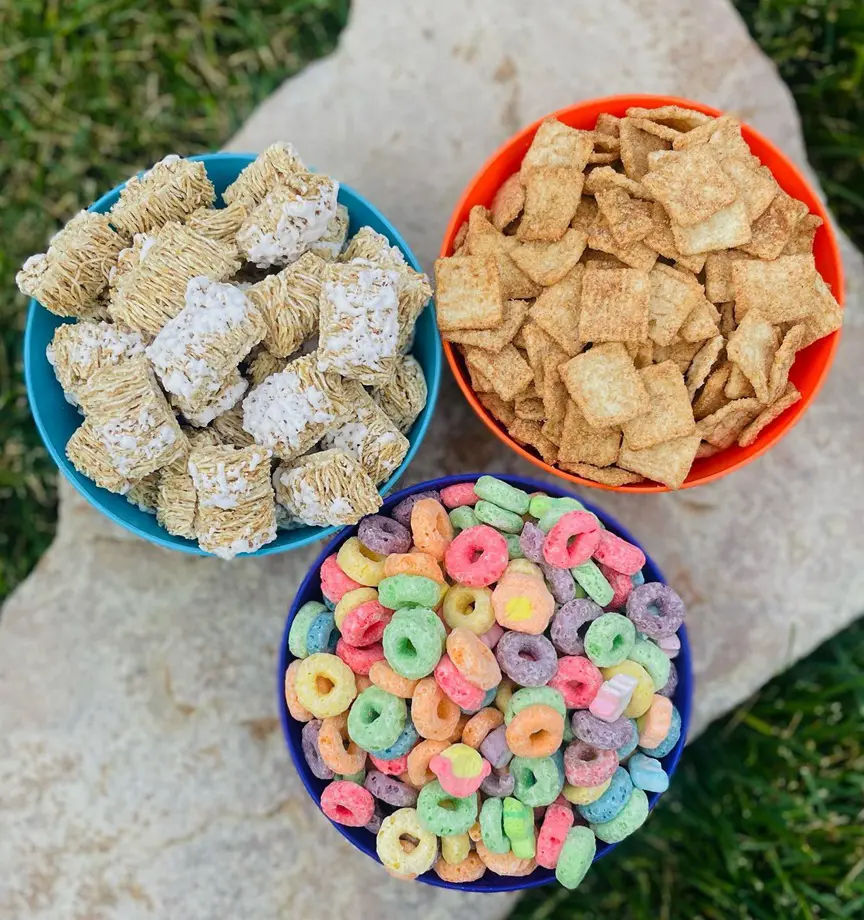
Many cereals we consume daily undergo significant processing and many of them contain high levels of added sugar. The processing involved can strip away essential nutrients found in whole grains, therefore replacing whole grains with cereals can actually be a bad idea.
Some cereals though come with a tag that they are fortified with vitamins, however, it's important to know that these products come with high calories, less fiber, protein, and other vital nutrients, making them of low nutritional value. Some cereals also contain artificial colors, flavors, and preservatives not considered good for health.
2. Baked Goods

Baked goods are undeniably good but they do come with a price tag. Many commercial baked goods are processed foods laden with ingredients that can only do harm to our health. Refined sugar, white flour and unhealthy fats are examples of such ingredients. Some of the packaged baked goods that pose health hazards include white bread, cookies and pastries.
Relishing homemade baked items where you can control the ingredients may be a better alternative to commercial ones. While you prepare, use natural sweeteners like honey or maple syrup, and healthy fats such as coconut oil to get the best flavors as well as health benefits.
3. Fried Snacks

Potato chips, crisps and all the fried snacks we all drool over have a high content of unhealthy fats, excessive sodium, and often, added sugars. The deep frying process itself is the first step capable of increasing cholesterol levels in our body, the use of trans or saturated fats makes the condition even worse!
Additionally, the high temperatures involved in frying have been proven to contribute to the formation of toxic compounds. Moreover, added sugar and high sodium is used to flavor these snacks after they complete frying, which packs the snacks with more health-disturbing elements.
4. Processed Meats

The production method of processed meats, including bacon, sausage, ham, hot dogs, salami, and deli meats comes with numerous concerns. Though processed meats have eased up the hectic process of meal preparation, the ingredients used in their manufacture are enough to put our health in shock.
Some processed meats use nitrates and nitrites as preservatives, associated with cancer by various studies. Furthermore, frequent consumption of processed meats has been shown to increase the risk of intestinal cancer. So what can beat the benefits of preparing your own meals from fresh, unprocessed ingredients, right?
5. Instant Noodles

The minutes of preparation it takes to get instant noodles ready come with an expense of nutritional quality. While quick and easy to make, high sodium content and unhealthy fats can instantly make them less appealing.
The preparation process of instant noodles also raises concerns, as many brands deep fry these noodles before packaging. Here, the quality of oil being used is what makes the impact. Despite the convenience, instant noodles can be deceptive as consuming them more means inviting health hazards.
6. Canned Soups
Canned soups are a practical option for stocking up and having a reliable meal on hand. A wide range of flavors and styles available makes this food option even more appealing. The canning process used to prepare these foods and the ingredients used in flavoring comes with risks of health issues.
During canning, vitamins and minerals, particularly water-soluble ones, may be lost particularly during the heating and processing stages. These foods also make use of sugar and sodium to enhance the taste, the creamy versions carrying unhealthy fats. These all make canned soups trade-offs in terms of nutritional value and potential health concerns.
7. Candy and Chocolates
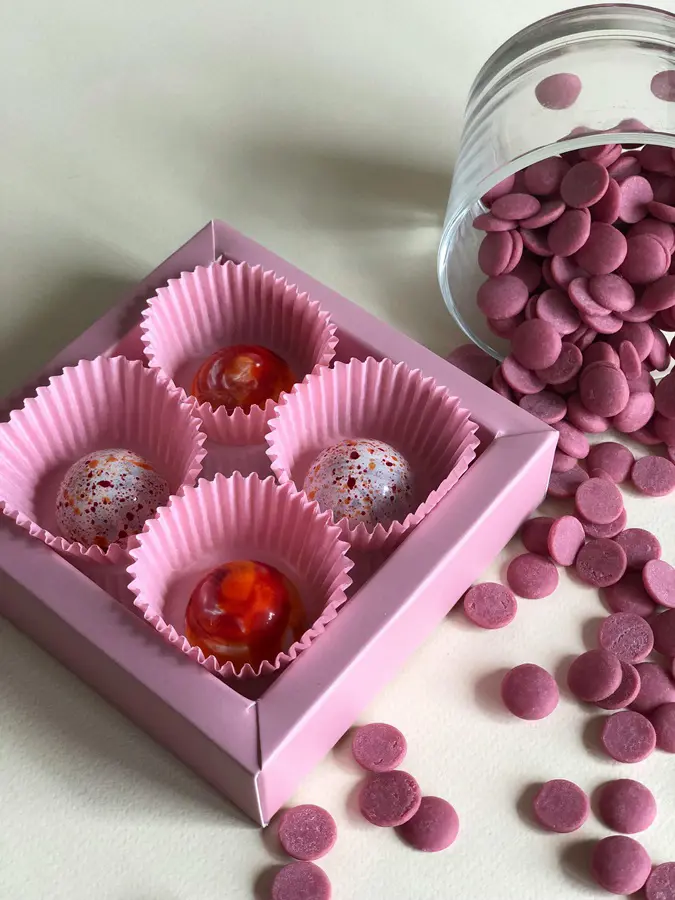
Candy and chocolate, while undeniably tempting, are prime examples of processed foods with significant drawbacks to health. Their high sugar content combined with unhealthy fats and artificial additives, make them less favored food health-wise.
Even popular chocolate brands while often marketed for their rich taste and indulgent qualities, typically contain high levels of added sugars and saturated fats. Overeating candies and chocolates is never recommended and for occasional treats, it's best to opt for the ones with low sugar content.
8. Processed Cheese

Normal cheese is processed to make it more tempting. Different from normal cheese, processed cheese has some percentage of actual cheese and more of other ingredients. This means processed cheese won't help you get the exact amounts of protein, calcium, and other beneficial nutrients found in real cheese.
Processed generally to make melty, the use of added ingredients such as salt, emulsifiers, stabilizers, and artificial flavors makes this cheese a matter of health concern. Additionally, the high sodium content in many processed cheeses can increase the chances of heart disease.
9. Spreads
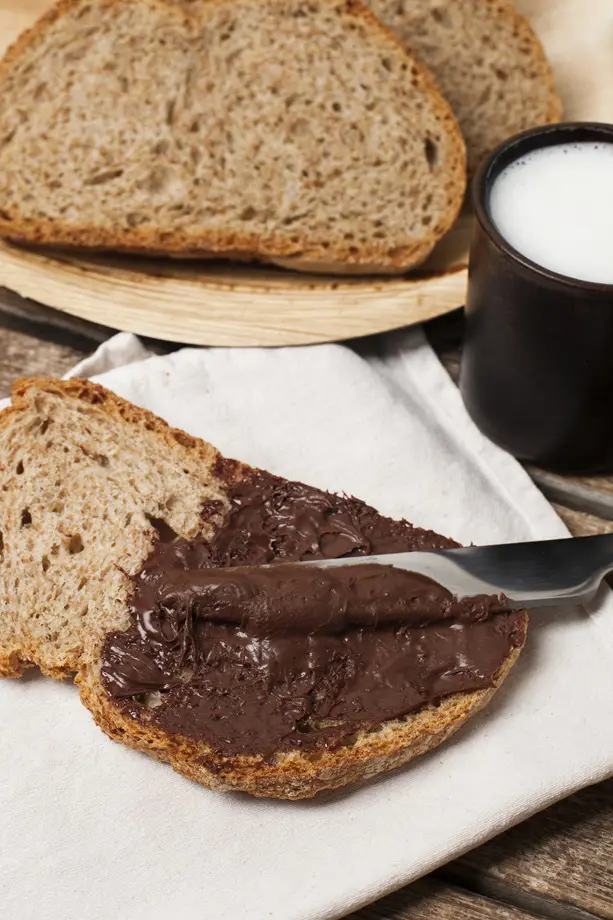
Spreads like margarine, mayonnaise and fruit jams are not as innocent as they seem! Despite the burst of flavors they add to meals, they are loaded with unhealthy ingredients.
Many spreads contain unhealthy fats, for instance, margarine often used as a butter alternative contains trans fats or highly processed oils. Sodium and sugar are also inherent parts of spreads and they do no good to health.
So while purchasing, choose options with lower levels of unhealthy fats, sugars, and sodium. For an even healthier option, make your own spread using avocado, hummus, or nut butter.
10. Sugar Substitute
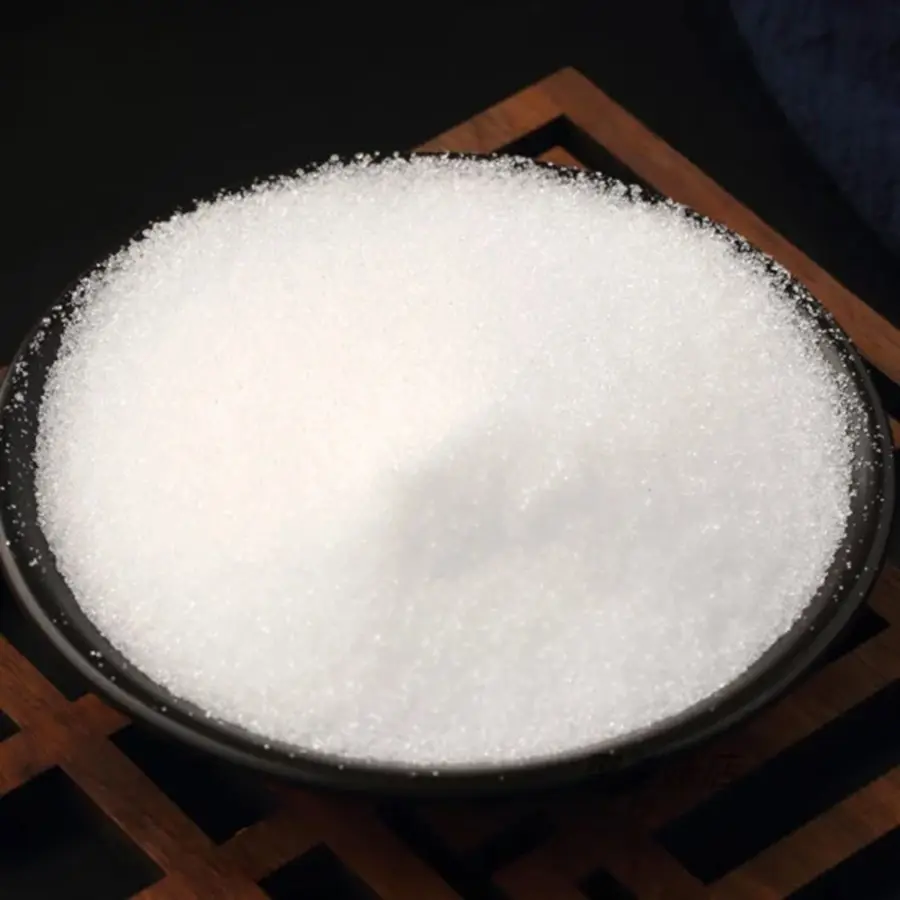
Sugar substitutes like high-fructose corn syrup(HFCS) are common as tempting alternatives for sugar. The manufacturing process of sugar substitutes is complex, most of them are prepared in a laboratory using chemicals under high temperatures.
This can alter the natural properties of the original ingredients and potentially create byproducts that may be harmful. Even the commonly heard natural sweetener stevia undergo refining processes to isolate the sweet compounds, removing other beneficial elements and potentially altering their structure.
Sugar substitutes have little to no nutritional value and alter the composition of gut bacteria. They can also trigger cravings for sweet foods.
11. Coffee Creamer

Coffee creamers are widely used in making a fresh, tasty cup of coffee. But the ingredients used in coffee creamers may not live up to the taste they provide.
Different ingredients like thickeners and fillers used to increase the quality of coffee creamers are considered toxic. Moreover, along with these ingredients, the flavored ones are loaded with sugar.
Some coffee creamers, especially non-dairy options, are made with unhealthy fats including hydrogenated oils. So, coffee creamers are basically about calories, sugar and low nutritional value.
12. Fast Foods
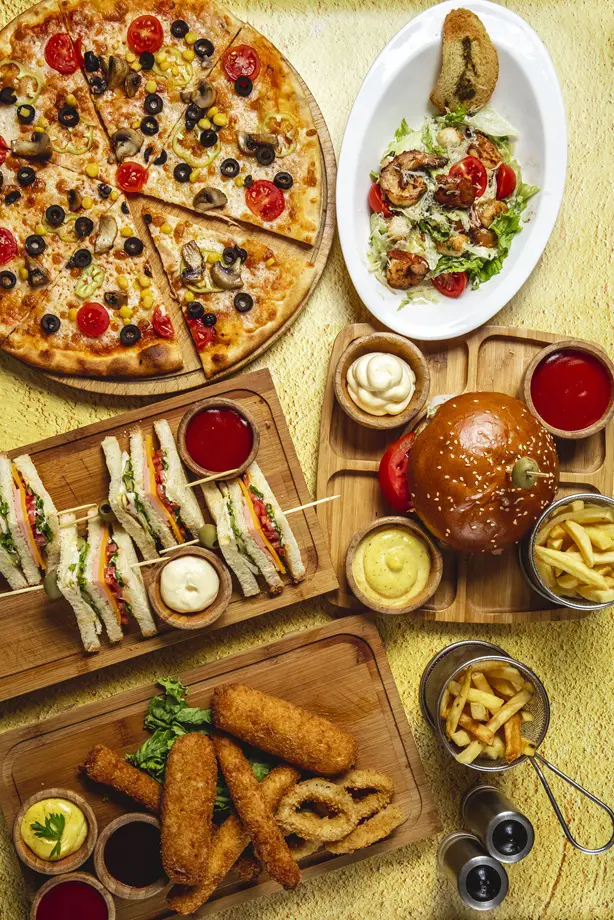
The making of fast foods involves the use of industrially processed ingredients. Refined oils, bleached flour, high-fructose corn syrup, and artificial flavorings are some examples. The sauces, dressings, and condiments used in fast foods also are full of preservatives and additives.
The manufacturing methods used by almost all chains of fast foods are similar, they rely on industrial methods such as deep frying, chemical preservation, and mass production techniques, that can only degrade the nutritional value of these foods.
For instance, items like French fries and fried chicken are prepared using highly processed oils and often involve pre-cooking and freezing before final preparation.
13. Microwaveable Popcorn

Microwaveable popcorn is an easy way to prepare a bowl full of snacks, a few minutes is enough to pop these kernels up! However, being a processed food it has potential drawbacks. Chemical additives used in the preparation of microwavable popcorn have been deeply studied, and shockingly, it is found that these additives can only harm our health.
Perfluorooctanoic acid (PFOA), a chemical used in packaging and diacetyl used as a flavoring agent have been linked with various diseases. Sodium and unhealthy fats used to flavor these popcorns can also be fatal to heart health.
14. Frozen or Ready Meals
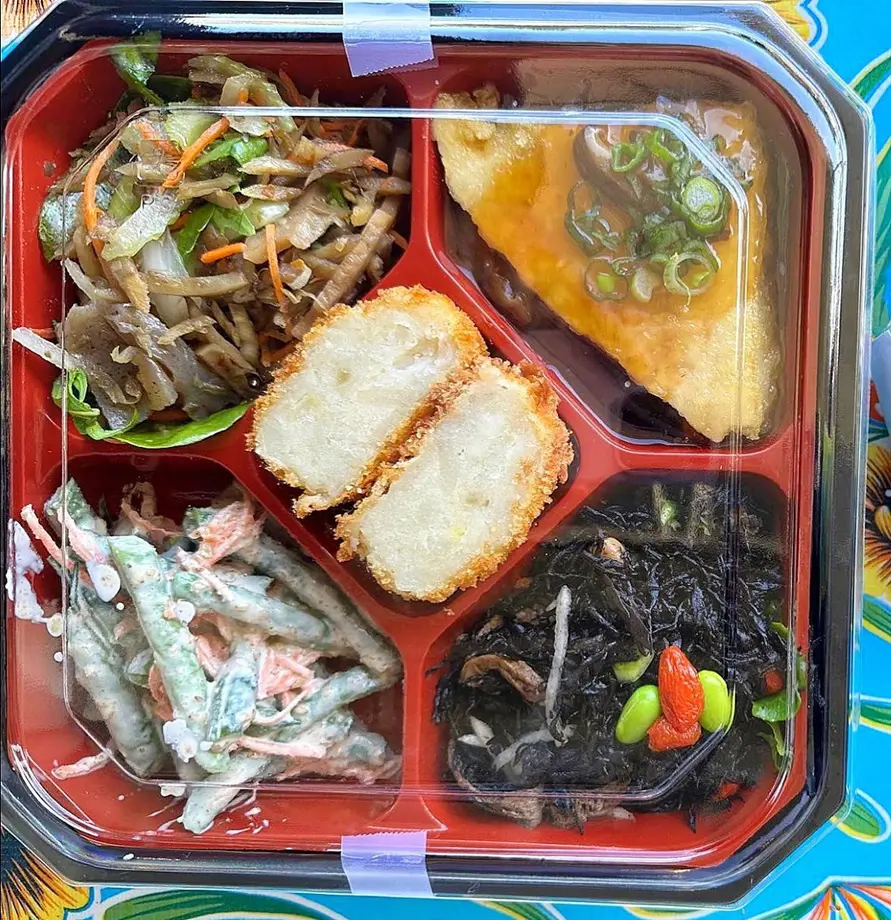
Frozen or ready meals are a lifesaver on busy days. For extended shelf life, many chemical additives are used in these foods. These chemicals can protect foods and, on the contrary, raise various health concerns.
Preservatives used to prevent spoilage are the primary concern that has been associated with an increased risk of certain cancers. Color additives and flavor enhancers are also of significant concern, these may make foods visually appealing but have been associated with potential allergic reactions and behavioral issues in sensitive individuals.
Another popular flavor enhancer monosodium glutamate (MSG) is also used in frozen meals to improve taste but has been observed to cause headaches and other symptoms in some people.
15. Ice cream and frozen desserts

Any frozen desserts including ice cream are full of sugar, that's why consuming more of them is linked with the development of obesity. For instance, 100 grams of normal ice cream comes with energy of about 200 calories and 21 grams of sugar. Beyond calories and sugar, these delicacies lack essential nutrients like vitamins, minerals, and fiber.
The preparation process also makes use of unhealthy fats, except for trusted brands. There is a high likelihood that saturated and trans fats are included in ice cream, making their consumption questionable. Furthermore, the calories in these treats provide little satiety, leading to feelings of hunger and the desire for more food.
16. Frozen Pizza

Hydrogenated oil and sodium are common ingredients of frozen pizzas. The pizza crust, the base for pizza, itself is made with refined grains or flour, which are low in nutrients.
The hydrogenated oil used while preparing frozen pizza has about 3 to 15 grams per serving of trans fats which bears risk to heart. Also, it would be surprising for you to know that a serving of frozen pizza has anywhere between 30 to 40% of the daily recommended intake. This percentage is concentrated in the toppings and sauces.
Hence, the combination of unhealthy fats, refined grains, and excessive sodium makes frozen pizzas one of the less healthy processed foods.
17. Butter and Margarine
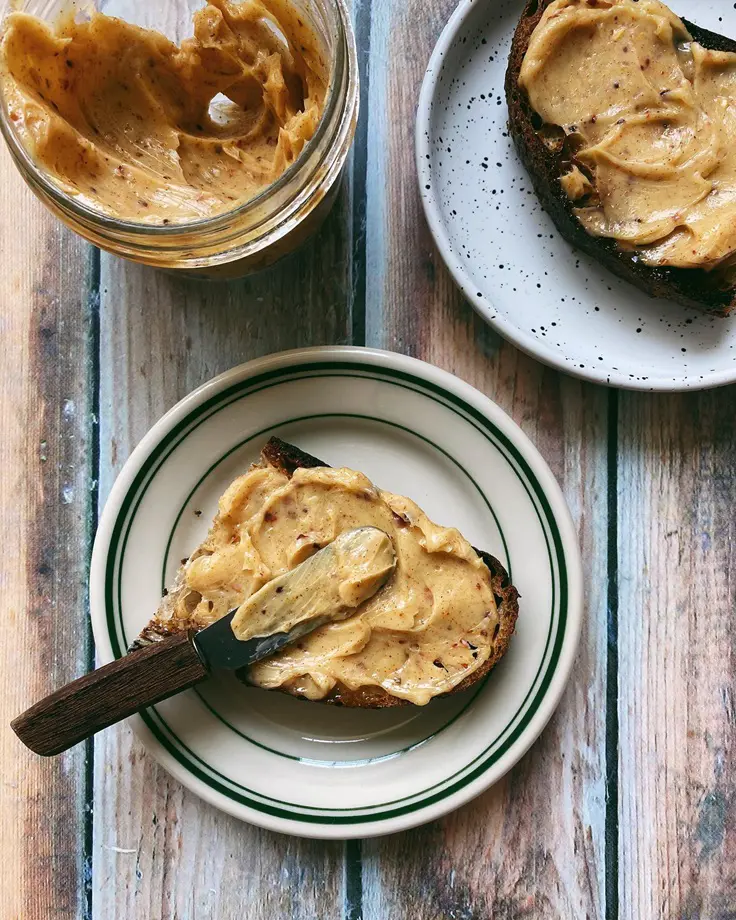
Butter and margarine are common ingredients in baking and cooking. While natural butter has a lot of benefits, many commercial butter brands change the original quality and flavor by processing excessively. One type of processed butter that should be avoided is hydrogenated butter.
This particular butter undergoes a hydrogenation process creating trans fats harmful to heart health. Once hydrogenated, the so-formed butter provides little to no nutritional value beyond calories. It lacks the essential nutrients that the original one has to offer.
Margarine
Margarine is popular as a healthier alternative to butter. It can simply be prepared with vegetable oils at home. But when prepared commercially, margarines are loaded with trans fats.
Mainly used in processed foods, the products using hydrogenated margarine have "partially hydrogenated oils" or "hydrogenated oils" indicated on food labels. It's better to avoid any foods that contain these ingredients.
18. Soda and Energy Drinks
Soda and energy drinks are go-to favorites for many of us. Refreshing and easily accessible, these drinks are actually highly processed.
Water, sugar, flavorings and other ingredients used in the preparation are vigorously processed while preparing these drinks. Moreover, additives further used to enhance the taste and shelf life can have various detrimental effects.
The use of added sugars and unhealthy acids in these drinks are risk factors for dental diseases as well as obesity. If your drink uses caffeine then consuming them in the long term can increase the risk of anxiety, insomnia, and other health problems.
19. Sweetened Beverage
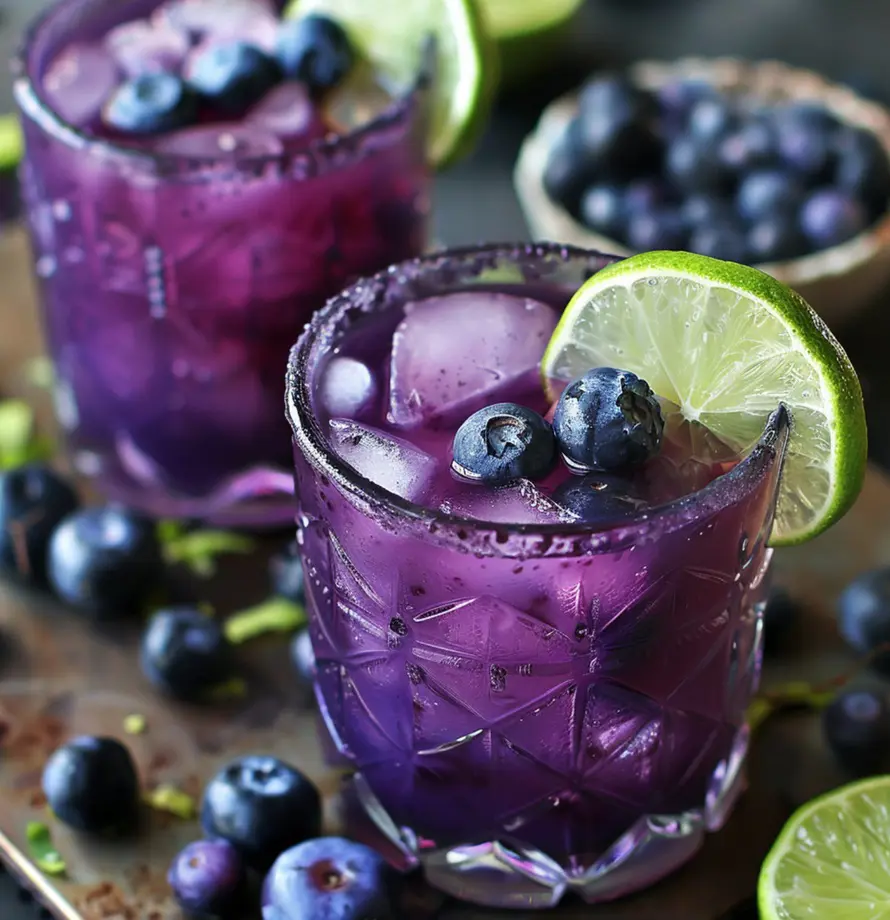
Cold drinks, packaged fruit juices, sweetened teas and other sweetened beverages can not meet the nutrients found in natural juices and teas.
The use of excess sugar, as high as 8 teaspoons in different drinks concentrates the calories and leads to obesity. If artificial sweeteners are used in the preparation, it can be even more frightening regarding health matters.
You can opt for water, herbal teas, or natural fruit juices without added sugars instead of these drinks for a healthier option.
20. Some Alcoholic Drinks

Processed for fineness, fortified wines, flavored beers and ready-to-drink cocktails are better avoided. These drinks are added with flavoring agents and health-degrading chemicals while being processed. Compared to freshly brewed ones, these drinks are all sugar.
Alcoholic beverages that come with a 'low-calorie' tag may be appealing but use artificial sweeteners in them. Though less in calories than sugar, these sweeteners are not good for health in the long run.
For a healthier option, you can choose the ones very low in sugar and made with natural ingredients, or opt for plain alcoholic beverages like straight spirits or dry wines, which typically have fewer additives and less sugar.
Recent posts
Lifestyle
Lifestyle
Is Agave Good For You? Benefits, Uses And Risks
When you stroll through the sweetener section at a supermarket or any other store, you probably notice bottles of golden agave nectar or agave's inulin with labels boasting claims like "natural" and "healthy". But is this viscous sweetener which come...
Lifestyle
Is Monk Fruit Healthy? Benefits, Nutrition And Risks
Monk fruit is a simple vine of the gourd family that has recently gained fame as a sweetener. The fruit is hard to find in the market and has been less cultivated around the world, it's native to Southeast Asia. A zero-calorie sweetener, there is a l...
Lifestyle
How Much Caffeine Is in Green Tea
Green tea, a tea popular for its health benefits, comes with a gentle caffeine boost. Due to this low caffeine level, the drink can be considered perfect for those who want to stay alert without the jitters. The availability of caffeine in green tea ...
Lifestyle
The Benefits Of Avocado Seeds You Must Know About
After devouring the avocado, we have the habit of dumping the seed without giving it a second thought. However, this part of the fruit is just as essential as the avocado because it delivers numerous nutrients and potential health benefits that might...
Lifestyle
How Much Caffeine Is Too Much In One Day?
Without even realizing it, caffeine is stapling in our everyday lives. Our mornings usually begin with a cup of coffee, likewise, to get through the afternoon slump we might sip on an energizing drink or grab a refreshing soda on a sunny day to quell...
Lifestyle
How Much Water Should You Drink Per Day
Water makes up 60% of our total body weight, making it an essential component to maintain our health. As it is present in all cells and organs of the body, proper water intake means every function in the body is running well. There are multiple benef...

